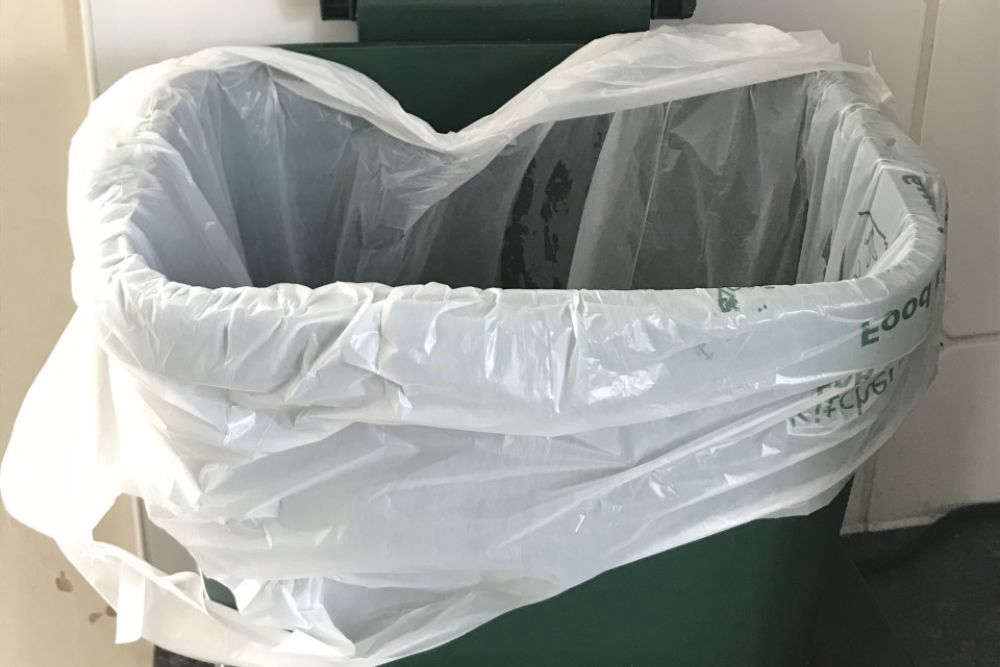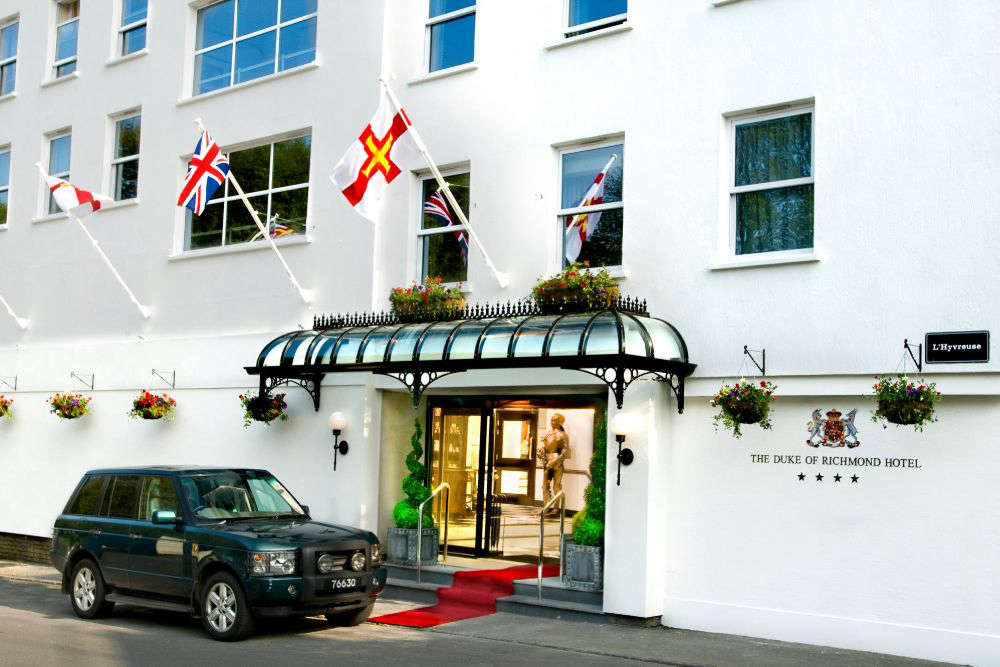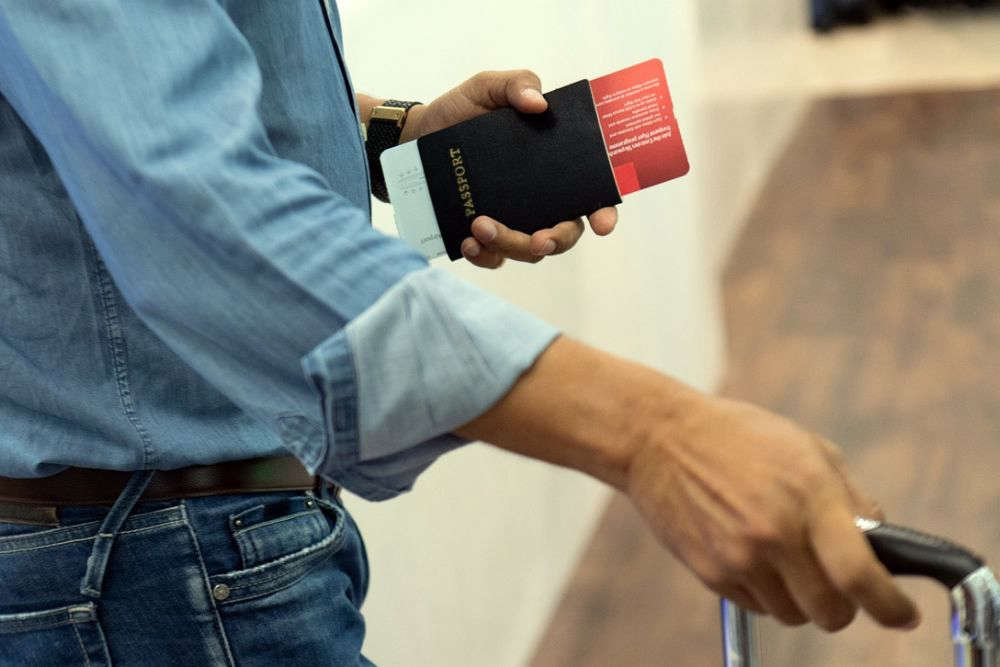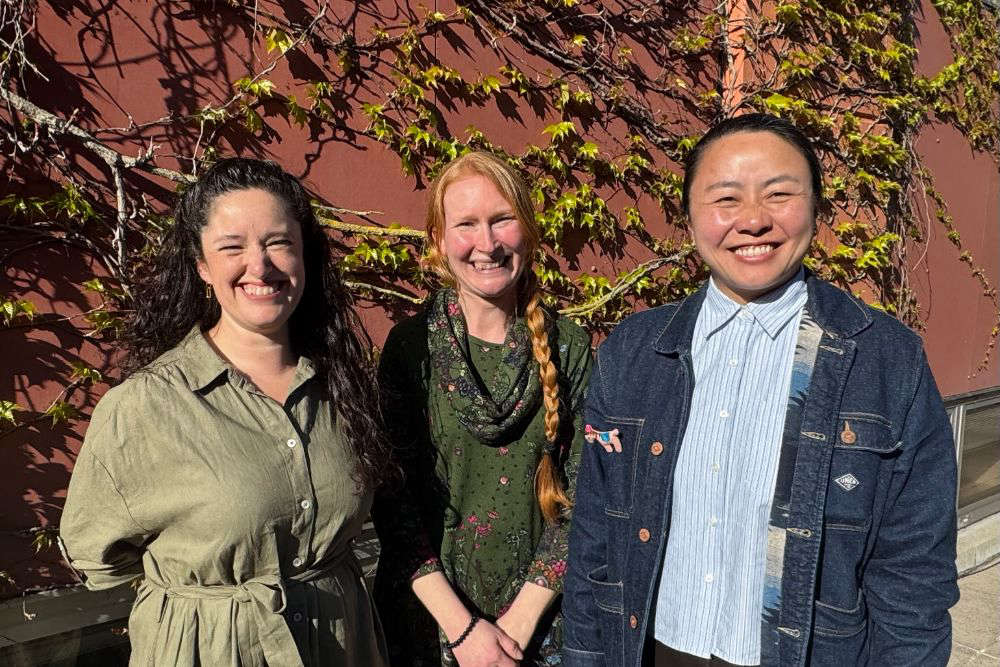
Guernsey Waste says it will look into a self funding home collection service. Meanwhile, it wants more islanders to home compost.
A survey of 1800 islanders for Guernsey Waste gives an insight into the recycling and waste disposal habits of islanders since the introduction of the Waste Strategy, four years ago.
Islanders help to subsidise the loss making scheme through 'pay as you throw stickers' and two fixed annual household charges, but a number said they'd be willing to pay even more for a specific, seasonal home garden waste collection.
13% said they'd pay £100 or more, 18% would pay £75 or more, 25% would pay £60 or more while the majority would be willing to pay around £50 not to have to drive their own garden waste to Chouet.
Guernsey Waste’s operations manager, Sarah Robinson, says they'll look into developing a scheme:
"Many councils in the UK offer garden waste collections as a paid for service. We want to gauge whether it is feasible to provide a similar service in Guernsey, and the first step is to establish whether there is any appetite for it."
"The survey indicated there would be a good take-up, so we can now investigate how it would operate locally, and how much it would cost, as it will need to be able to cover its costs.”
Meanwhile, the survey has revealed that the regular caddy collections of kitchen waste have led to a 37% drop in islanders creating their own compost heaps.
More than 3,500 tonnes of food waste was collected from doorsteps last year, and this is sent off island for burning to generate electricity or for commercial composting. But doing this costs money and Guernsey Waste is currently operating at a loss.
Tina Norman-Ross, the island's waste prevention and recycling officer, says they want people to try home composting:
"We are keen to encourage islanders who have stopped composting kitchen waste to give that a go again. Plus there are probably a lot of islanders out there who have not yet tried home-composting, but could do. For instance, if they have moved house and have a garden for the first time. The more food waste we compost at home, the less we have to export and the less we have to pay to treat."
Guernsey used to have large numbers of so called 'Bring Banks' dotted around the coast or at supermarket car parks, but since door to door recycling collections began, the majority have been taken down and there are now three 'super' sites remaining.
The survey shows most islanders either don't use them or only do so infrequently, mainly to get rid of bulky cardboard packaging. In fact, only around 2% choose not to use kerbside recycling and take their plastic, paper, tins and glass to a Bring Bank.
Guernsey Waste’s operations manager, Sarah Robinson, says the survey shows the vast majority of islanders are getting their recycling collected by the States:
"We now have a very clear picture of how many households are still relying on the bring banks, and why they are choosing to use them. We knew that the numbers were low, but would probably not have guessed it was this low. The information we now have will help us make informed decisions over the future provision of bring banks."
Guernsey Waste is reviewing its operation in the light of revenue being less than first predicted year on year, meaning it is making a loss. As well as funding the shortfall from general revenue, its political board is considering a charge of around 25 pence per sack of household recycling collected.


 Replica Liberation Day medals will be gifted to Guernsey children
Replica Liberation Day medals will be gifted to Guernsey children
 Guernsey sends £50,000 to those affected by Myanmar's earthquake
Guernsey sends £50,000 to those affected by Myanmar's earthquake
 Guernsey PC earns three top accolades for saving a life
Guernsey PC earns three top accolades for saving a life
 Children’s Zone planned for Guernsey's 80th Liberation Day
Children’s Zone planned for Guernsey's 80th Liberation Day
 100 days until Orkney Island Games begin
100 days until Orkney Island Games begin
 Guernsey hospitality chain buys The Duke of Richmond Hotel
Guernsey hospitality chain buys The Duke of Richmond Hotel
 European visitors now need permit for UK entry
European visitors now need permit for UK entry
 Designers chosen for new Guernsey banknotes
Designers chosen for new Guernsey banknotes

